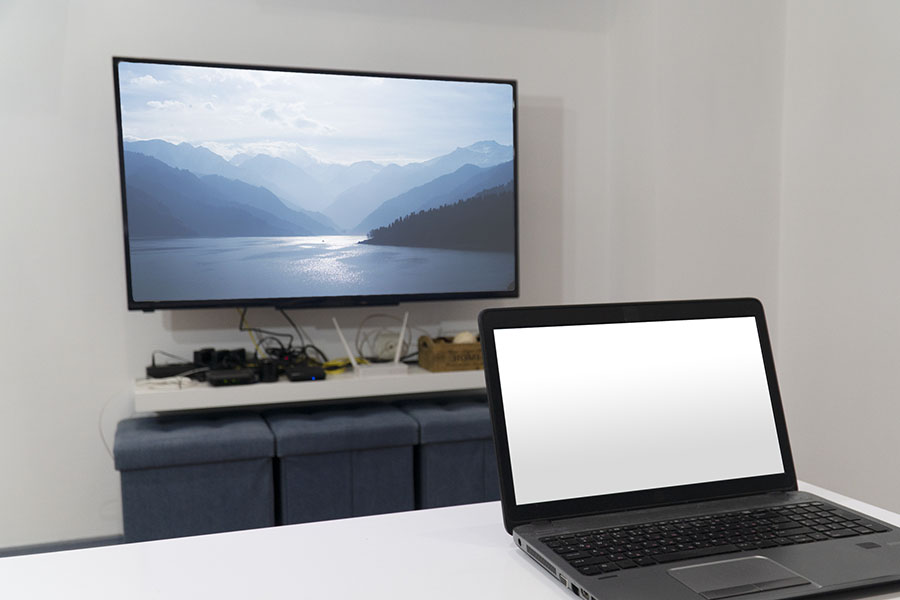In today’s digital age, televisions (TVs) and laptops have become essential devices for entertainment, communication, and work. As these devices are significant investments, it’s natural to consider protecting them with extended warranties. Extended warranties, often referred to as laptop insurance or TV insurance, offer additional coverage beyond the manufacturer’s warranty. This article aims to explore the factors to consider when deciding whether an extended warranty is right for your TV or laptop purchase.
Extended warranties for TV and laptops are insurance policies that provide coverage for repairs or replacements beyond the standard manufacturer’s warranty. These warranties are often available as optional add-ons at the time of purchase or shortly afterward. They vary in duration, coverage, and cost, and it’s essential to carefully assess their terms and conditions before making a decision.
When considering an extended warranty for your TV or laptop, several key factors should be taken into account:
-
Manufacturer’s Warranty:
Start by reviewing the terms and coverage of the manufacturer’s warranty. Most TVs and laptops come with a standard warranty that covers defects in materials or workmanship for a specific period, typically one to three years. Evaluate the duration and extent of coverage provided by the manufacturer, as it may already address common issues that could arise within the early years of ownership.
-
Device Reliability and Durability:
Research the reliability and durability of the TV or laptop model you intend to purchase. Look for reviews and ratings from reputable sources to determine whether the device has a history of frequent malfunctions or reliability issues. If the product has a reputation for being robust and reliable, the chances of requiring repairs may be relatively low, reducing the need for an extended warranty.
-
Cost of Repairs:
Consider the potential cost of repairs without an extended warranty. TVs and laptops can have expensive components that require specialized knowledge and skills to repair. If the cost of potential repairs or replacements exceeds the cost of the extended warranty, it may be prudent to opt for the added protection.
-
Usage and Handling:
Evaluate how you plan to use and handle the TV or laptop. If the device will be subjected to extensive travel, frequent transportation, or harsh environments, there is a higher risk of accidental damage or wear and tear. In such cases, an extended warranty that covers accidental damage may be beneficial.
-
Value and Lifespan of the Device:
Assess the value and expected lifespan of the TV or laptop. High-end models or devices with advanced features often come with a higher price tag. Investing in an extended warranty for these items may be justified due to their increased financial risk. Conversely, if you are purchasing a budget-friendly device or one that you plan to replace in a relatively short time, an extended warranty may not be cost-effective.
-
Personal Risk Tolerance:
Consider your own risk tolerance and financial situation. Some individuals prefer the peace of mind that comes with knowing they are protected against unforeseen repair expenses. If you have a low tolerance for financial risk or prefer not to worry about potential repairs, an extended warranty can provide added security.
Before deciding on an extended warranty, explore alternative options for protecting your TV or laptop:
-
Homeowner’s or Renter’s Insurance:
Check if your homeowner’s or renter’s insurance policy covers electronics. Some policies may provide coverage for accidental damage or theft, which could extend to your TV or laptop.
-
Credit Card Benefits:
Review the benefits offered by your credit card. Some credit cards provide extended warranty protection as a cardholder perk. If you used a credit card for your purchase, you might already have extended warranty coverage without the need to purchase an additional extended warranty.
-
Manufacturer’s Support:
Look into the reputation and customer support provided by the manufacturer. A reputable manufacturer may offer reliable customer service and assistance, even beyond the standard warranty period.
-
Self-Insuring:
Assess your ability to self-insure by setting aside funds for potential repairs or replacements. If you have a contingency fund dedicated to unexpected expenses, you may opt to forgo an extended warranty and rely on your own financial resources.
When it comes to purchasing an extended warranty for your TV or laptop, it’s essential to consider factors such as the manufacturer’s warranty, device reliability and durability, potential repair costs, usage and handling, device value and lifespan, personal risk tolerance, and alternative forms of protection. Each of these factors plays a crucial role in determining whether an extended warranty is the right choice for you.
Remember that an extended warranty, also known as laptop insurance or TV insurance, is an additional expense that offers peace of mind and financial protection. However, it may not always be necessary or cost-effective. Carefully assess the risks, costs, and benefits associated with your specific purchase before making a decision.
